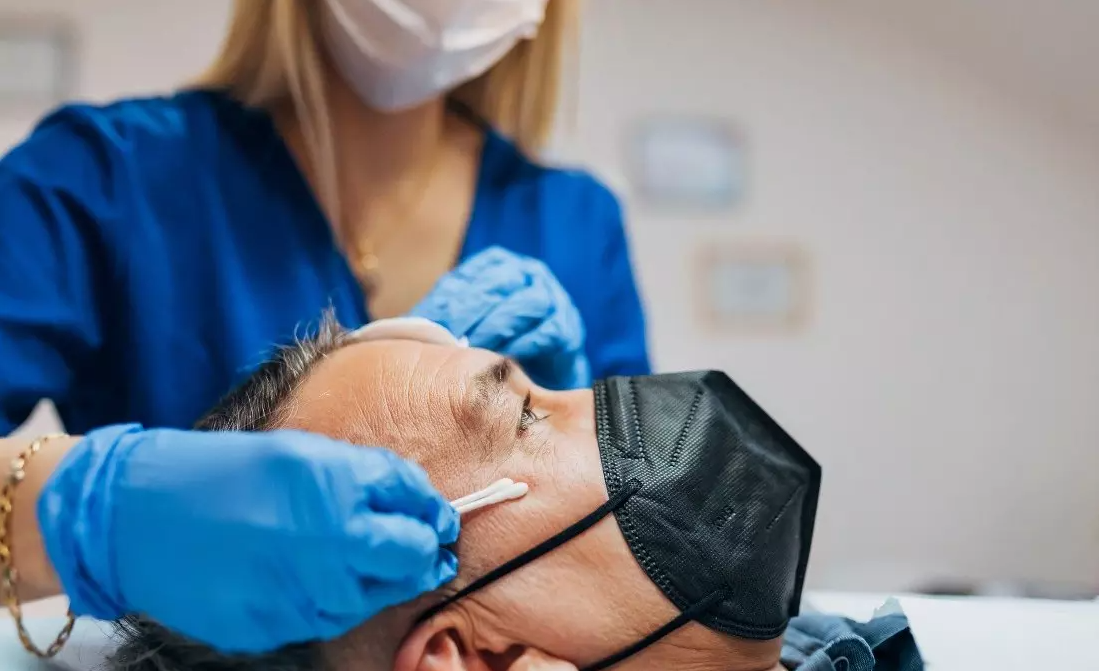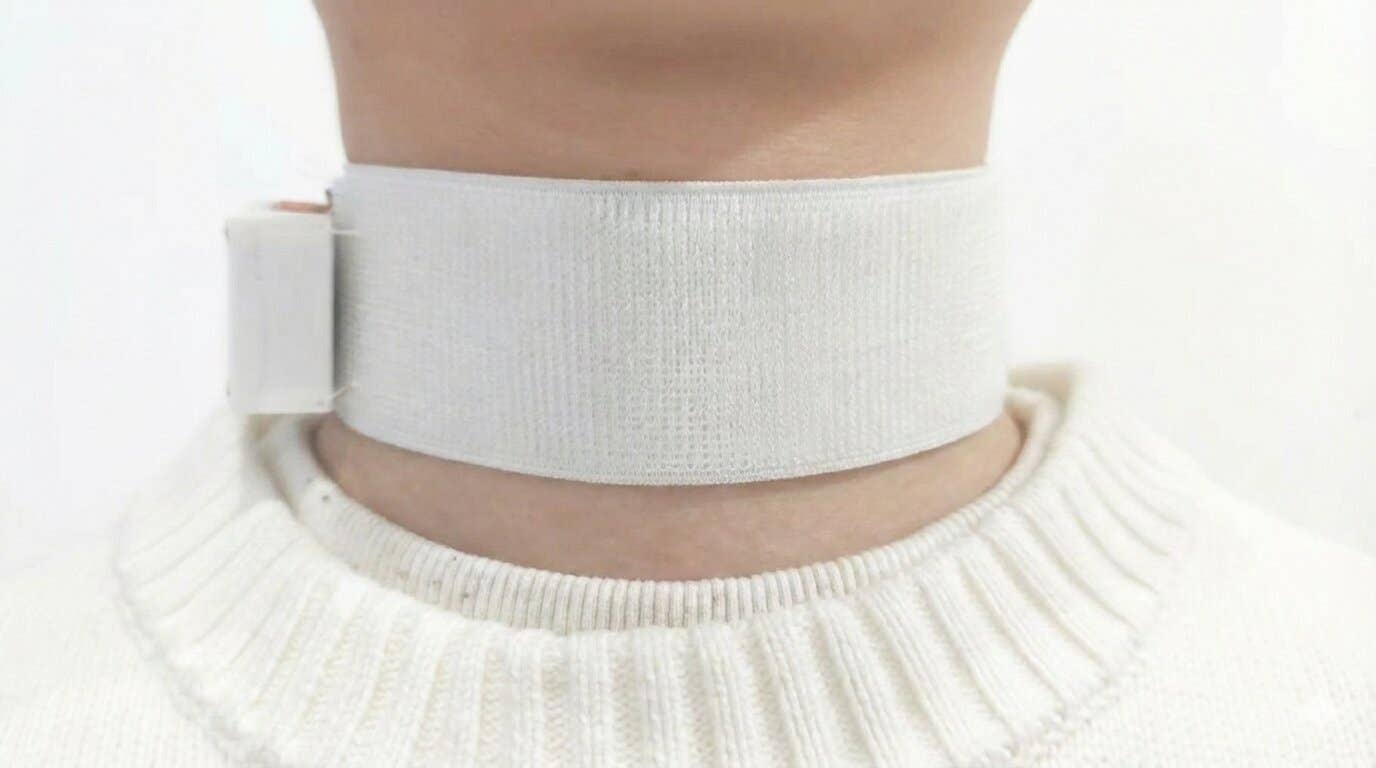Skins swabs can test for Covid-19, research finds
Skin swabs are “surprisingly effective” at identifying Covid-19 infection, according to new research from the University of Surrey.

[July 21, 2022: Dalitso Njolinjo, University of Surrey]
While many different variants are formed in immunocompromised patients, these variants are at low risk for spreading onwards. (CREDIT: Getty Images)
Skin swabs are "surprisingly effective" at identifying Covid-19 infection, according to new research from the University of Surrey, offering a route to a non-invasive future for Covid-19 testing.
Surrey's researchers used non-invasive swabs to collect sebum - an oily waxy substance produced by the body's sebaceous glands - from 83 hospitalised patients, some of whom were diagnosed with Covid-19. The team also collected blood and saliva samples for this comparative study.
Professor Melanie Bailey, co-author of the study from the University of Surrey, said:
"Covid-19 has shown us that rapid testing is vital in monitoring and identifying new illnesses. In our research, we explored the relationships between different biofluids, and what changes in one part of the human body can tell us about the overall health of a patient.
"Our results show that, while blood is the most accurate way of testing for this virus, skin swabs are not too far behind - in fact, the skin swab results were surprisingly accurate."
Related Stories:
Covid-19 has been found to significantly change the makeup of lipids (fats and oils) of biofluids such as blood or sebum.
By measuring changes in lipids and other metabolites of the samples, the research team observed that (with a 1.0 score being the most accurate and sensitive) blood samples scored 0.97. Skin swab tests scored 0.88, and finally, saliva tests scored 0.80.
Matt Spick, co-author and research student at the University of Surrey, commented:
“Our research suggests that skin sebum responds to changes to the immune system in Covid-19 patients. In fact, we believe that illness can alter the body’s natural balance across the whole range of biological systems, including skin, digestive health and others. This can help us identify and understand illness better by providing a whole-body atlas of a disease."
Professor Debra Skene, co-author and Section Lead of Chronobiology at the University of Surrey, said:
“The work we demonstrate in this study that profiles metabolites in three different biofluids (serum, saliva and sebum) offers promise in distinguishing people positive for Covid-19 from people negative for Covid-19. The promise of a non-invasive test for Covid-19 is a reason for much of society to rejoice.”
The research has been published in Scientific Reports.
Note: Materials provided above by University of Surrey. Content may be edited for style and length.
Like these kind of feel good stories? Get the Brighter Side of News' newsletter.



